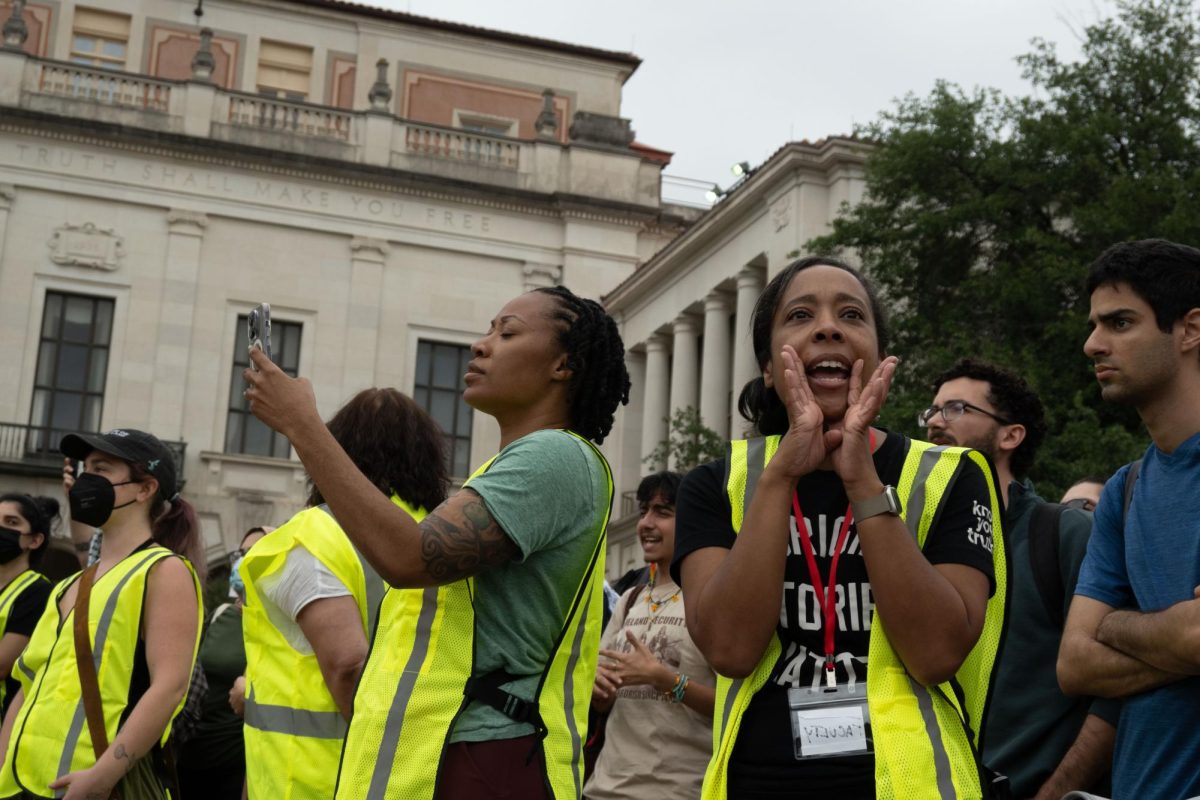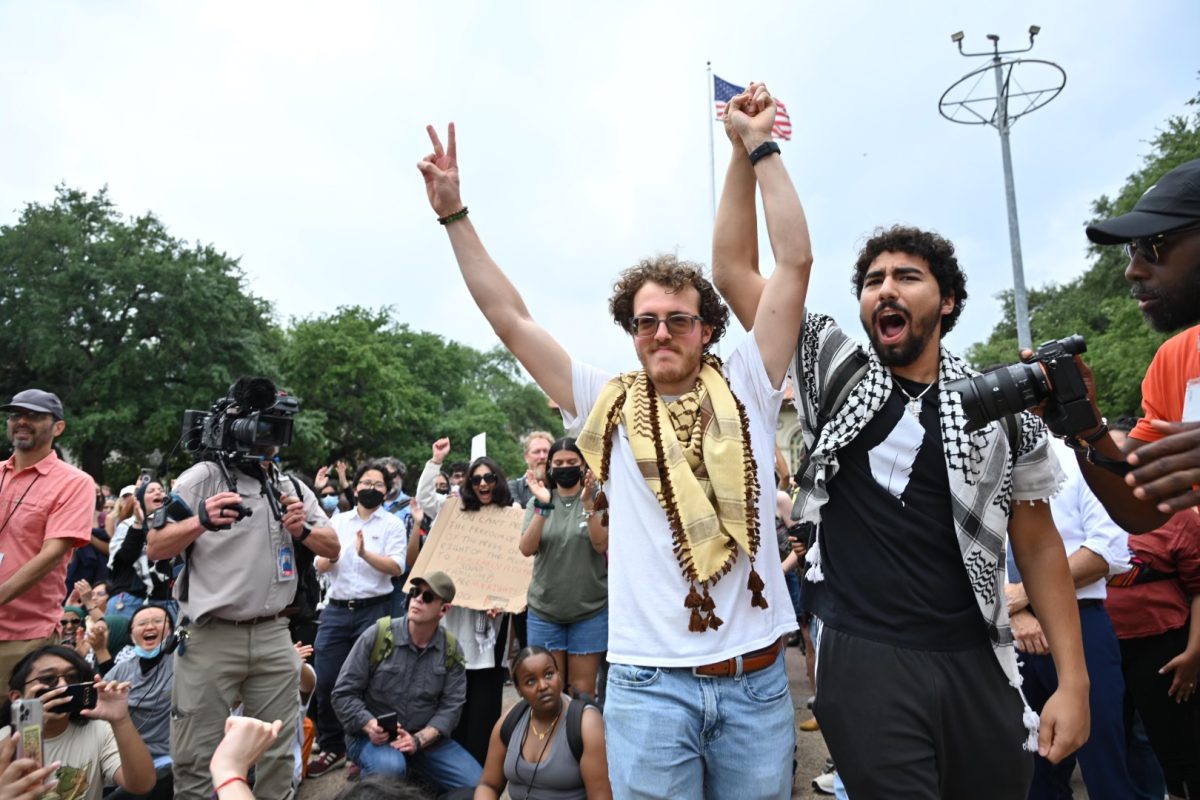In 1894, Grover Cleveland wrote, “There are days of special perplexity and depression and the path of public duty is unusually rugged.”
In 1963, when a 46-year-old governmental official is considered young, John Fitzgerald Kennedy, 35th President of the United States, is dead.
The sandy-haired executive, who once moved the late Sam Rayburn to state that “He is a man of destiny,” and who himself told a close friend that the threat of war didn’t really matter as far as both of them were concerned but “what really matters is all the children,” has been murdered by a radical ideology.
The Kennedy “style” came face to face with the possibility of nuclear war and risked a show of force to protest American interests.
It was confronted with a radical problem that epitomized a contemporary world issue in the black revolution.
It inherited a cold war and, with it, a brick wall which was allowed to get no higher and an island to the south which posed the greatest challenge the three year administration was to face.
By both instinct and training, Mr. Kennedy was said to be a political creature who worked 25 hours a day at politics.
SECOND SON
He was born on May 29, 1917, in Brookline, Mass., the second son of Joseph Patrick and Rose Fitzgerald Kennedy. After his older brother Joseph, “Joe,” was killed during World War II, the desire for the Presidency passed from his to John’s future. It inspired a residency in the 80th-82nd Congress from 1947 to 1953 and then enough years in the Senate to bring him to the 1961 Inauguration.
The Kennedys have been publicized for many excuses, ranging from their passion for touch football to rocking chairs. But the luckless PT 109 has perhaps received the biggest play, and the fact that the naval-hero–turned-President won the Purple Heart is a fact noted by most school boys long before Mr. Kennedy’s relationship with the steel industry and its crisis is understood.
An amateur historian, Mr. Kennedy was the author of two books, “Why England Slept,” the result of his Harvard thesis, and “Profiles in Courage,” which won the Pulitzer Prize for biography in 1957.
THE FAMILY
Besides brother Joe, the Kennedy family has consisted of other sons, Robert, Ted, and four girls: Eunice, Jean, Pat, and Katherine.
On Sept. 12, 1953, John added Jacqueline Lee Bouvier to the Kennedys, and, in the next years, Caroline Bouvier, John Fitzgerald Jr., and Patrick Bouvier who died only two days after his birth last August.
In his inaugural address, the first Catholic to hold the nation’s highest office spoke with eloquence and the hope born of confidence. “Let the word go forth from this time and place, to friend and foe alike, that the torch has been passed to a new generation of Americans … In the long history of the world, only a few generations have been granted the role of defending freedom in its hour of maximum danger, I do not shrink from this responsibility — I welcome it.”
John Fitzgerald Kennedy, Jack, JFK, the New Frontier, is dead — proclaimed dead in Texas, Tejas, Friendly.













